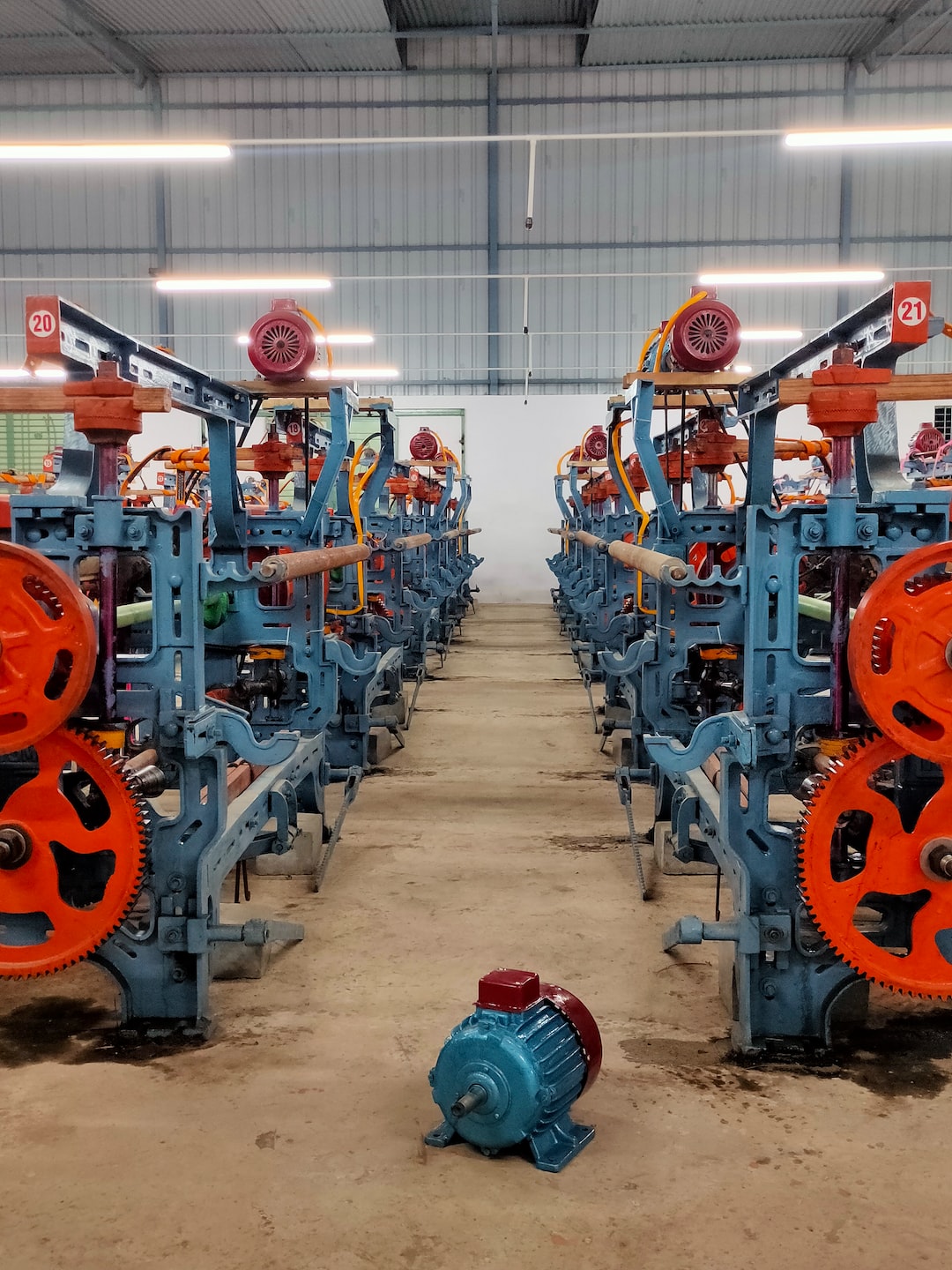The Impact of Globalization on the Manufacturing Industry
Globalization has had a profound impact on various sectors, and the manufacturing industry is no exception. In recent years, the manufacturing landscape has experienced significant changes due to the forces of globalization. This phenomenon has brought both benefits and challenges to manufacturers worldwide. In this blog post, we will explore the impact of globalization on the manufacturing industry.
One of the most visible impacts of globalization on the manufacturing sector is the rise of outsourcing. With the ability to easily access markets across the globe, manufacturers have increasingly chosen to outsource various stages of their production processes. This trend has resulted in the relocation of manufacturing facilities to countries with lower labor costs, such as China and India. By outsourcing, companies can benefit from reduced production costs, enabling them to be more competitive in the global market.
However, outsourcing also poses challenges for manufacturers. It may lead to the loss of domestic jobs and a decline in the local manufacturing industry. Workers who were previously employed in manufacturing plants may find themselves unemployed or forced to find alternative employment in different sectors. This has raised concerns about the impact of globalization on local economies and the widening income inequality gap.
Another significant impact of globalization on the manufacturing industry is the expansion of global supply chains. Companies now have the ability to source components and raw materials from different parts of the world. This has enabled manufacturers to optimize their supply chains, reducing costs and improving efficiency. Global supply chains have also allowed manufacturers to access specialized resources and expertise from different countries, leading to innovation and technological advancements.
However, the reliance on global supply chains also poses risks. Disruptions due to natural disasters, political instability, or other unforeseen events can have a severe impact on the manufacturing industry. For example, the COVID-19 pandemic highlighted the vulnerabilities of global supply chains as countries faced shortages in essential goods and components. As a result, manufacturers are now reconsidering their supply chain strategies, focusing on resilience and diversification to mitigate future risks.
Globalization has also facilitated the spread of ideas and knowledge across borders, leading to increased collaboration and competition in the manufacturing industry. Companies can learn from each other’s best practices, adopt innovative technologies, and benchmark their performance against global standards. This has spurred innovation and improved overall productivity in the manufacturing sector.
However, increased competition can also put pressure on manufacturers to continually adapt and improve. Those who fail to innovate may become obsolete in a global market dominated by cutting-edge technologies and efficient production processes. Therefore, globalization has forced manufacturers to embrace constant change, invest in research and development, and continuously improve their products and processes to stay competitive.
In conclusion, globalization has had a profound impact on the manufacturing industry. While it has brought numerous benefits such as lower production costs, increased efficiency, and access to global markets, it has also presented challenges such as job losses, supply chain risks, and increased competition. To thrive in a globalized world, manufacturers must embrace change, invest in innovation, and adapt their strategies to the evolving dynamics of the global market.

